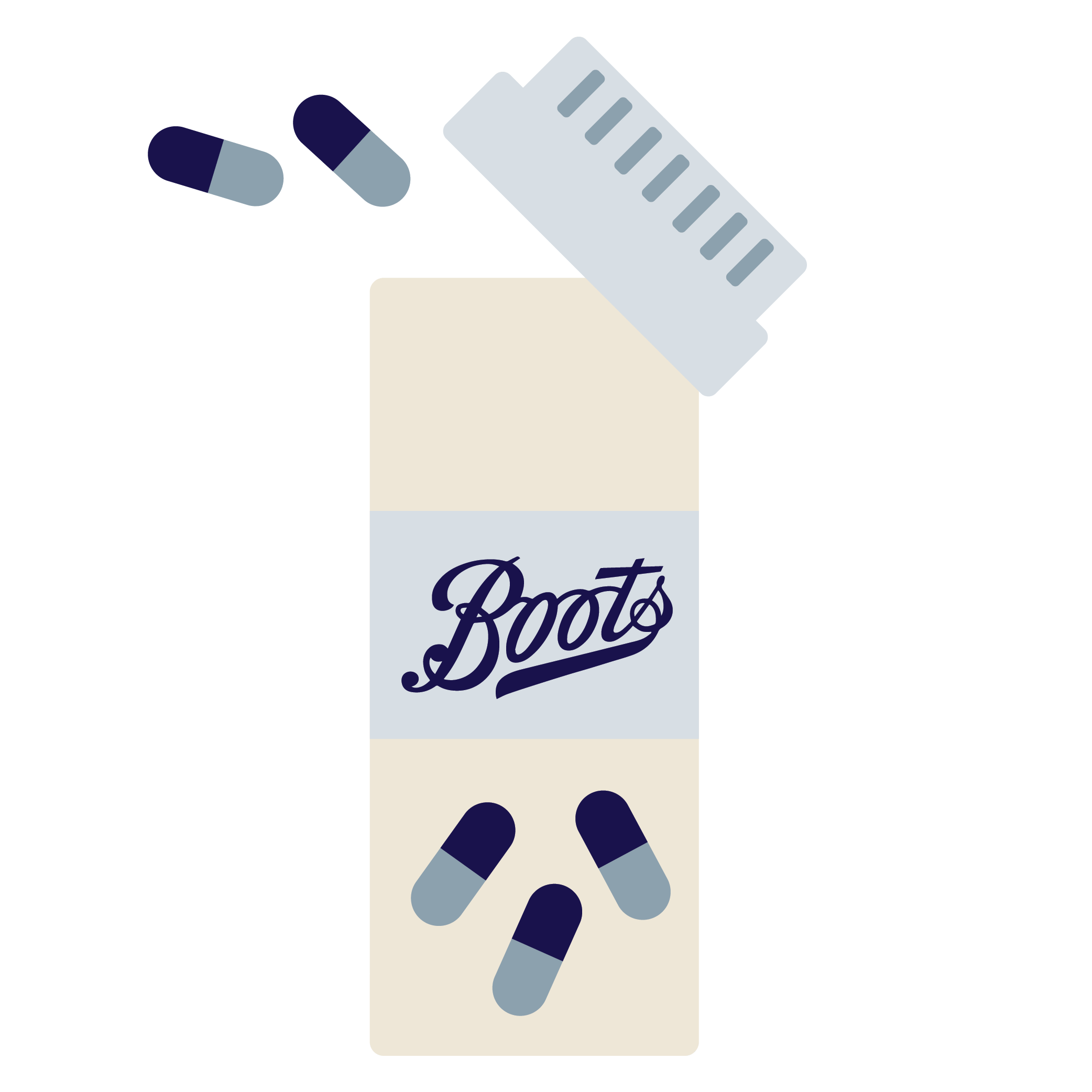
ASTHMA TREATMENTS FACTS
About asthma inhalers
We offer a range of inhalers in varying doses, both to relieve symptoms and to prevent them. If you have a diagnosis of asthma, you know which inhaler you’ve been prescribed before and your asthma is currently well controlled, we can help you with treatment.
How do asthma inhalers work?
There are two main types of inhalers used to treat asthma, relievers and preventers. The first type are relievers (e.g. Salbutamol) which are usually blue. These act quickly when you’re having an attack to relax the airways in your lungs so that you can breathe more easily. You only take this if you need it. If your asthma is well controlled, you should only need one or two reliever inhalers a year.
The second is a preventer (e.g. Clenil, a steroid inhaler) and is usually brown, red or purple. This type is really important for managing your asthma and you need to take it regularly. It keeps the airways from getting inflamed and can stop an attack from happening in the first place.

What are the side effects?
Reliever inhalers have very few side effects. Some people may feel slightly shaky, have a faster heartbeat, or a mild headache after using the inhaler. These side effects usually go away within a half hour, and should get better as your body gets used to taking the medicine.
Steroid inhalers don’t usually cause significant side effects at standard doses but some people get a sore mouth ,oral thrush or a hoarse voice. Brushing your teeth or rinsing your mouth after you take your inhaler is advised. At higher doses, particularly if you’ve been taking them for a long time, these inhalers can affect the normal production of steroids in your body.
For full information of a medicine’s side effects and how to take it, see the Patient Information Leaflet for each treatment.
How quickly do asthma inhalers work?
Reliever inhalers usually start to work quickly. When you take them at the start of an attack, they work in about five minutes and should last for a few hours.
If your reliever inhaler isn’t helping or you’re needing to use it more than every 4 hours, that’s a sign that you’re having an asthma attack. You should seek urgent advice from your GP, NHS 111 or in an emergency call 999.
Combination inhalers take time to build up their effect and should be used regularly, even if you feel fine.
Important safety information
It’s important that you tell us which other medicines you’re taking – whether they’re prescription or medicines you’ve bought without a prescription. We need to know so that we can prescribe a suitable inhaler for you.
Page last reviewed by: Dr. Christina Hennessey 21/06/2021

